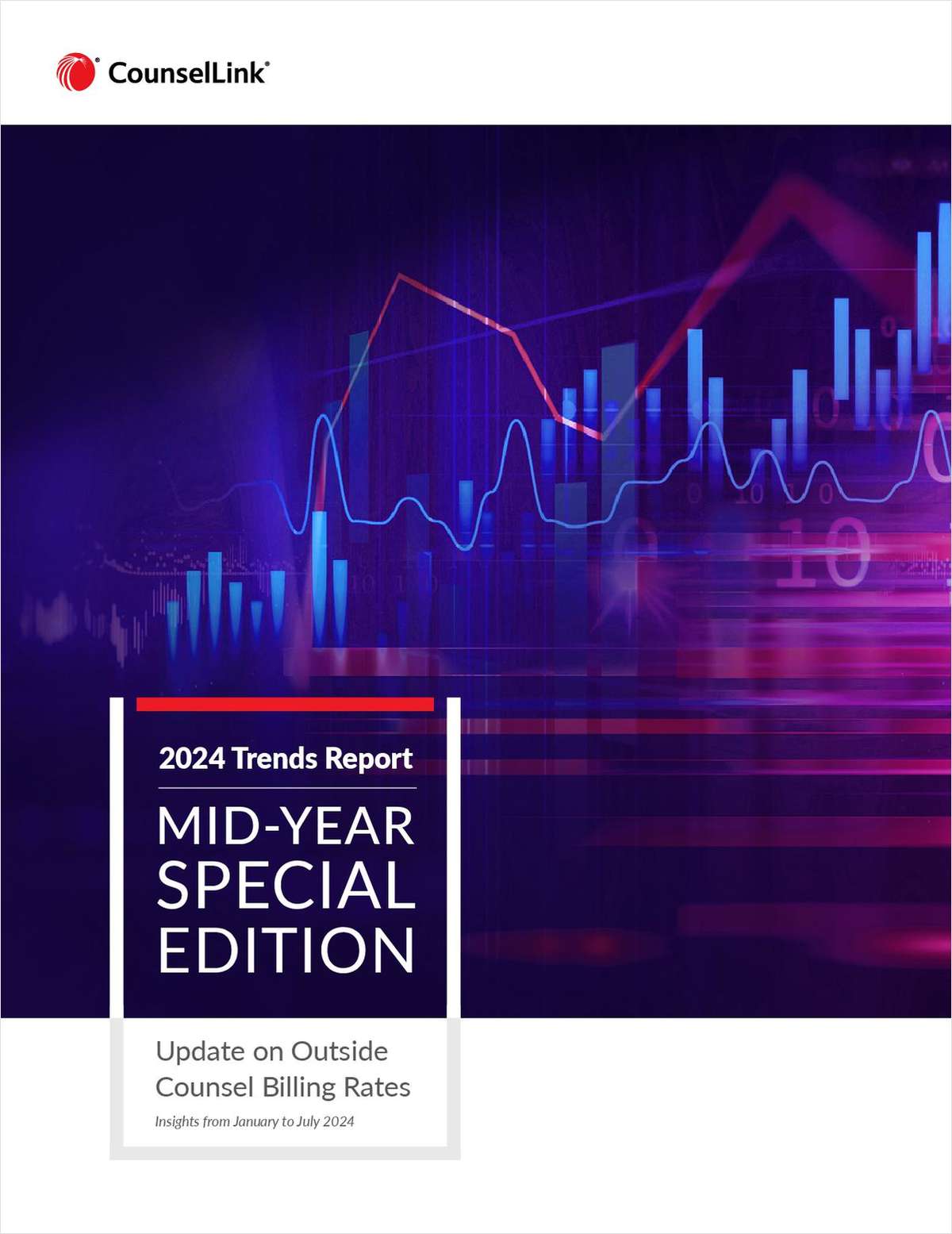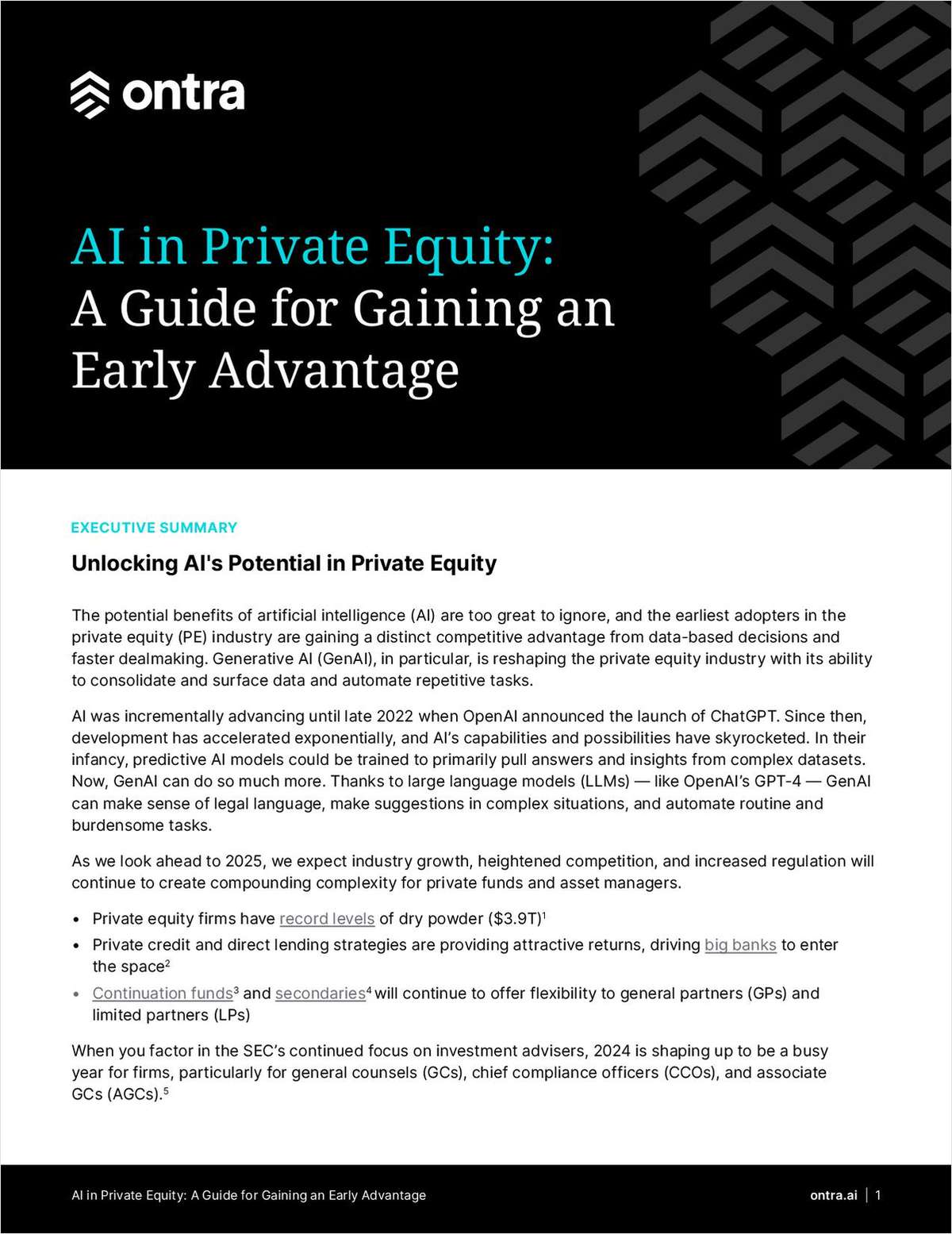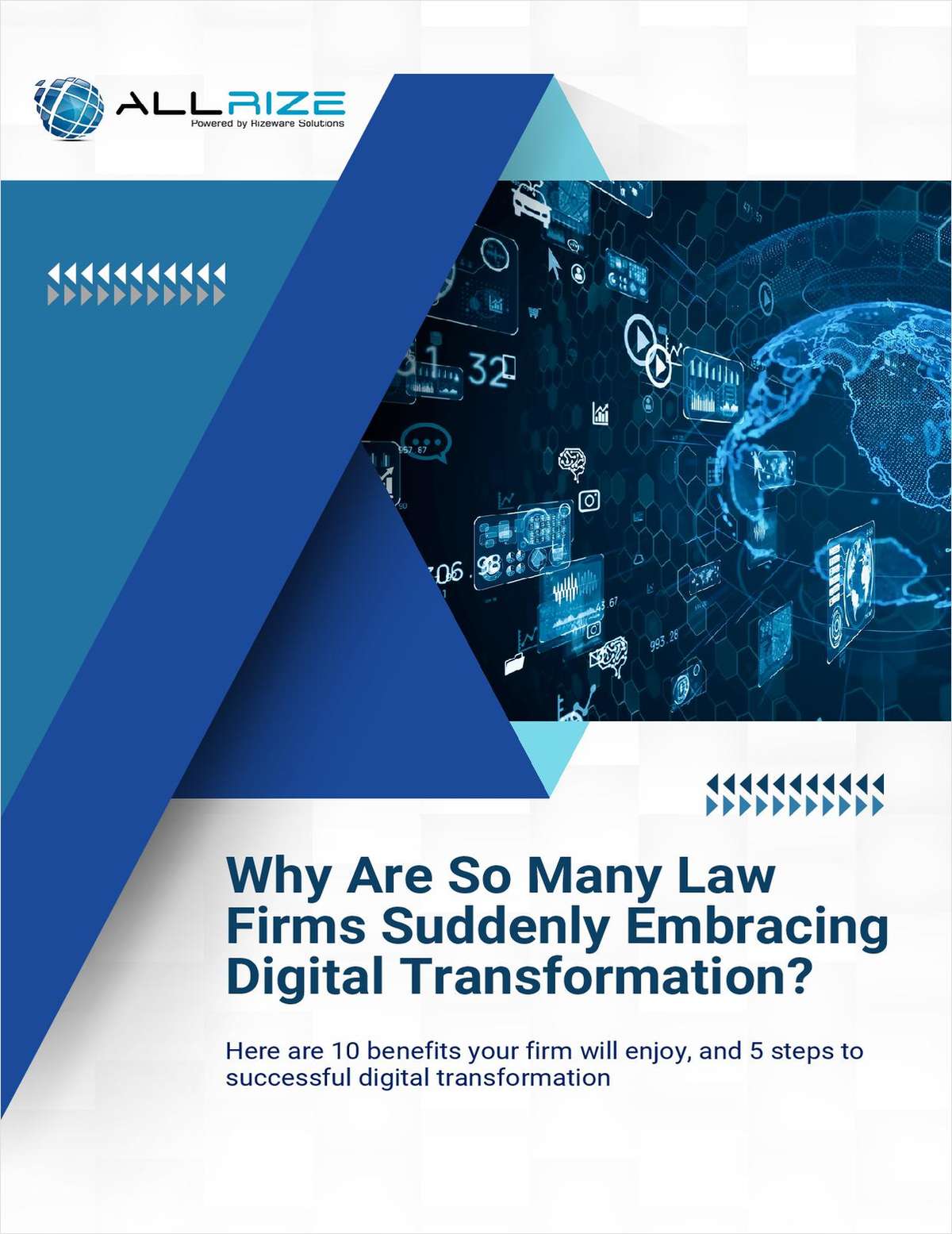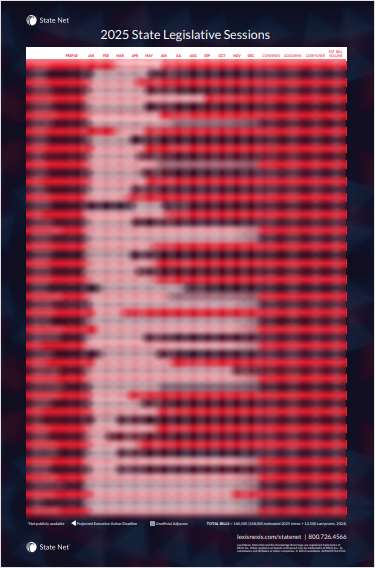Circuit Split on Dodd-Frank Whistleblower Retaliation
In their Employment Law column, Jeffrey S. Klein and Nicholas J. Pappas analyze a recent decision in which the Second Circuit held that employees need not report alleged violations of federal securities law to the SEC to be protected against retaliation under Dodd-Frank and the conflict that decision established with the Fifth Circuit.
December 05, 2015 at 01:38 AM
11 minute read
The original version of this story was published on New York Law Journal
Last month the Securities and Exchange Commission's (SEC) Office of the Whistleblower (OWB) released its annual report for fiscal year 2015, announcing that the commission received 3,923 whistleblower tips this fiscal year, more than any other year the program has been in operation and up more than 30 percent from fiscal year 2012.1 The OWB further noted that protecting whistleblowers from retaliation was a focus in 2015, and will continue to be a focus in 2016.2 Given this focus, the OWB was undoubtedly in good spirits when, in September of this year, a panel of the U.S. Court of Appeals for the Second Circuit became the first federal appellate court to hold that employees need not report alleged violations of federal securities law to the SEC to be protected against retaliation under the Dodd-Frank Wall Street Reform and Consumer Protection Act, Pub. L. No. 111-203, 124 Stat. 1376 (2010), (Dodd-Frank). Under Berman v. Neo@Ogilvy, 801 F.3d 145, 155 (2d Cir. 2015), employees also may be protected when they report to someone within their organization.
The Berman decision directly conflicts with the only other federal appellate opinion on the issue from the U.S. Court of Appeals for the Fifth Circuit in Asadi v. G.E. Energy, 720 F.3d 620, 630 (5th Cir. 2013). In this month's column, we analyze both decisions on the scope of coverage under Dodd-Frank's anti-retaliation provision. The Fifth Circuit found that the plain language of the statute unambiguously requires reporting to the SEC. By contrast, the Second Circuit concluded that the statute is sufficiently ambiguous as to require deference to the SEC's contrary interpretation of the statute. After analyzing these opinions, we propose several steps companies can take to avoid litigation in this area.
Background
Prior to the enactment of Dodd-Frank, in response to the 2008 financial crisis, the Sarbanes-Oxley Act of 2002 (SOX), Pub. L. No. 107-204, 116 Stat. 745 (2002), provided a cause of action to an employee of a publicly traded company who suffers retaliation for reporting employer conduct that the employee reasonably believes (i) constitutes the federal crime of mail fraud, wire fraud, bank fraud, or securities fraud; (ii) violates any rule or regulation of the SEC; or (iii) violates any provision of federal law relating to fraud against shareholders. 18 U.S.C. §1514A(a)(1). Dodd-Frank created a similar cause of action in 2010, prohibiting an employer, public or private, from retaliating against a whistleblower who has engaged in certain protected activity. 15 U.S.C. §78u-6(h)(1)(A).
NOT FOR REPRINT
© 2024 ALM Global, LLC, All Rights Reserved. Request academic re-use from www.copyright.com. All other uses, submit a request to [email protected]. For more information visit Asset & Logo Licensing.
Trending Stories
- 1The Law Firm Disrupted: For Big Law Names, Shorter is Sweeter
- 2Wine, Dine and Grind (Through the Weekend): Summer Associates Thirst For Experience in 'Real Matters'
- 3'That's Disappointing': Only 11% of MDL Appointments Went to Attorneys of Color in 2023
- 4What We Know About the Kentucky Judge Killed in His Chambers
- 5'I'm Staying Everything': Texas Bankruptcy Judge Halts Talc Trials Against J&J
Featured Firms
Law Offices of Gary Martin Hays & Associates, P.C.
(470) 294-1674
Law Offices of Mark E. Salomone
(857) 444-6468
Smith & Hassler
(713) 739-1250








